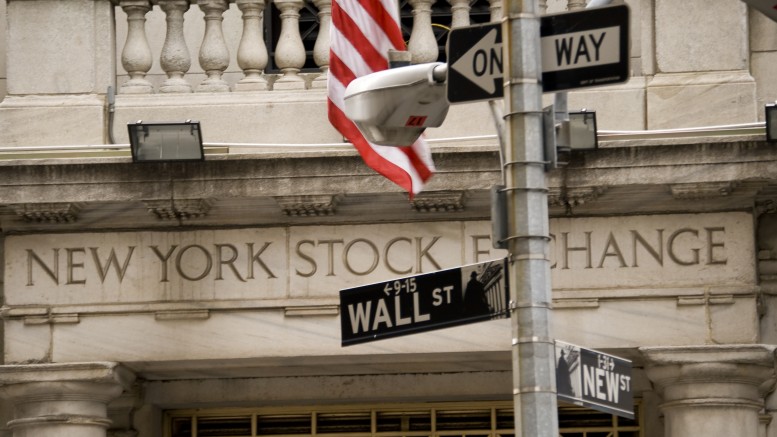The markets have been discounting for some time what the most publicised president in history can bring to or take away from the global economy. On paper, an expansionary fiscal policy which implies lowering the number of tax brackets from seven to three, deregulatory reforms in certain sectors, increased trade protectionism, a rise of up to 550 billion dollars in infrastructure spending and a reduction in immigration.
Since Donald Trump’s victory in the US elections, the markets have seen declines in fixed income securities – bonds have lost 1.5 billion dollars – and rises in equities – with the value of global equities rising by 1.7 billion dollars. The emerging markets have retreated, while there has been an improved performance from cyclical sectors, particularly the financial sector. So we need to ask what will be the best bets for investors once Trump’s presidency begins.
Antonio Zamora, Strategy Director at Ahorro Corporación, sees US equities as a good option “particularly the more cyclical stocks. They are preferable to fixed income, especially public debt; sectors like banks, energy and industrials are amongst the preferred stocks in the US.” He also flags smaller companies as attractive options. In general, given the trade, monetary and currency exchange risks in the US, Zamora thinks that “emerging economies’ assets are still relatively less attractive, but current valuations and monetary divergence lead to us believe that European equities are preferible to US equities. And to a greater extent cyclical stocks and those with a greater investor presence in the US.”
As far as Spanish stocks go, Selfbankrecommends being “responsible and having companies in your portfolio which are highly diversified.” For example, Grifols, Ferrovial and Inditex. “The first one will benefit from its exposure to the US, while the second has a lot of businesses and so is fairly diversified and the third is supported by growth in sales, margins and profits. But we should not overlook the fact that the last one is trading around record highs,” says analyst Felipe López.
J.P Morgan continues to recommend going long in US equities. “It offers greater opportunities than the rest, although the emerging markets are improving and Europe could grow around 2%,” says Lucía Gutiérrez-Mellado, deputy director of Strategy. So she is overweight in US equities. But adds a preference for ‘value’ stocks – undervalued by the market on fundamentals – smaller cap companies and banks.
UBS is also overweight in equities, as well as in a selection of emerging markets’ currencies. It believes that if no radical policies are implemented, the recovery in the economy and earnings which is happening at the moment in the majority of the emerging markets will continue.
An agenda which dispels uncertainty
Intermoney says the first relevant date in Trump’s diary will be in March, when the suspensión of the debt ceiling ends. Francisco Vidal, head of Research, also flags that it’s when “we’ll see up to what point the Republicans are behind the new president’s policies, which are against tax collection and are extremely doubtful with regard to spending.”
Many of Trump’s measures can only go ahead after a long period of elaboration and with the collaboration of Congress. But in spite of this, Antonio Zamora believes: “the first thing the new president will do is to build a wall at the frontier with Mexico, repeal a good number of Obama’s executive orders and declare that China is manipulating its currency.”
In any event, the ideal thing is for US economic policy to be well-defined, because we know that the less uncertainty there is the better
“The right thing to do, more than a measure in itself, would be to provide certainty about the future of the economy,” says Francisco Vidal. “Provide a guide which outlines concrete measures and objectives.”





